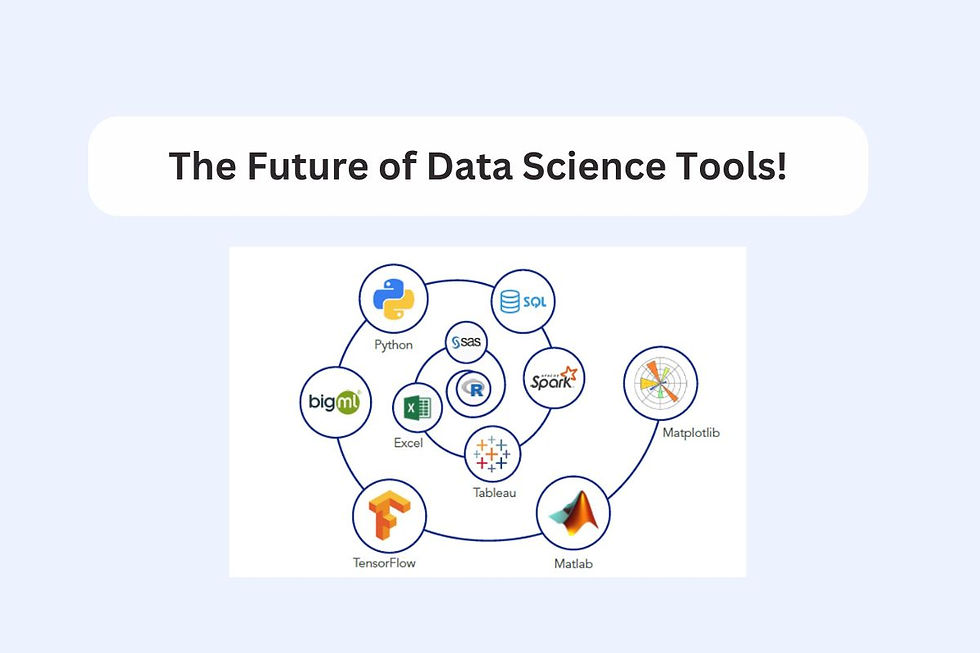5 Key Differences Between Iterables and Generators in Python
- archi jain

- Apr 15, 2024
- 2 min read

When diving into Python programming, two terms that often come up are "iterables" and "generators." While they might seem similar at first glance, they serve different purposes and have distinct functionalities. Let's break down the five key differences between iterables and generators in Python:
Definition:
Iterables: An iterable is any Python object capable of returning its members one at a time. Examples include lists, tuples, strings, dictionaries, and sets. Iterables allow you to loop over their elements using a loop construct like a for loop.
Generators: Generators, on the other hand, are a special kind of iterable. They are defined using functions and the yield statement. Generators produce values one at a time and only when needed, rather than storing them in memory like lists or tuples. They are particularly useful for generating large sequences of values efficiently.
Memory Usage:
Iterables: When working with iterables like lists or tuples, all the elements are stored in memory simultaneously. This means that if you're dealing with a large dataset, it can consume a significant amount of memory, potentially leading to performance issues.
Generators: Generators are memory efficient because they generate values on the fly as they are needed, rather than storing them all in memory at once. This makes them ideal for working with large datasets or infinite sequences where storing all the values would be impractical or impossible.
Evaluation:
Iterables: In iterables, all the elements are computed and stored before iteration begins. This means that even if you only need a subset of the elements, the entire iterable is evaluated.
Generators: Generators use lazy evaluation. Values are generated only when they are requested. This allows for efficient memory usage and is particularly advantageous when dealing with large datasets or infinite sequences.
Performance:
Iterables: Due to their eager evaluation nature, iterables may suffer from performance issues when dealing with large datasets. Operations like filtering or mapping over iterables can be computationally expensive.
Generators: Generators are often more performant than iterables, especially when dealing with large datasets. Since values are generated on the fly, they can be processed as they are produced, reducing the need for storing large amounts of data in memory.
Use Cases:
Iterables: Iterables are suitable for situations where you need random access to elements or need to manipulate the entire dataset at once. They are also useful when you want to reuse the same sequence of elements multiple times.
Generators: Generators are perfect for scenarios where you need to generate a sequence of values on the fly, especially when dealing with large datasets or infinite sequences. They are also useful for implementing data processing pipelines or dealing with asynchronous programming tasks.
For understanding more about Iterables and Generators, consider the Best Python Training in Gurgaon, Kota, Agra, and other nearest cities.
Conclusion
While both iterables and generators are essential concepts in Python programming, they serve different purposes and have distinct advantages. Iterables are suitable for scenarios where you need random access to elements or need to manipulate the entire dataset at once, while generators excel in generating values on the fly, especially when dealing with large datasets or infinite sequences. Understanding these differences will help you choose the right approach for your specific programming needs.








Comments